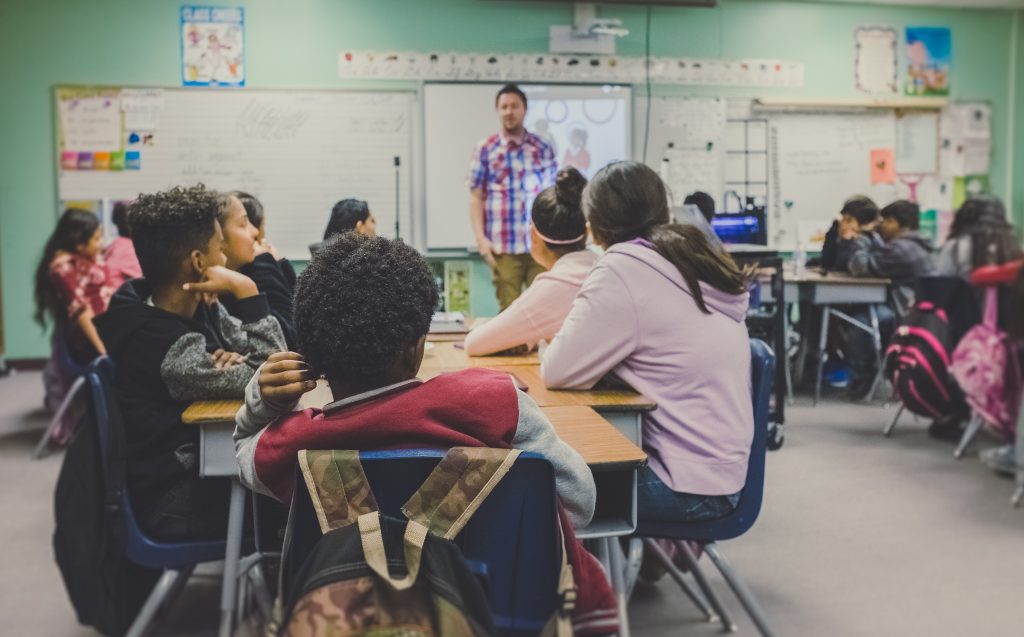
09 Apr Banning mobile phones in school can improve academic performance
For the last year we have all been working and studying from home. Our children have been learning exclusively online. Whilst the evidence has been mounting, we have not had time to examine the theory that banning phones improves academics because we simply did not have an alternative. However, as schools are reopening across the world, including in the UK (hopefully for good) we can now look a bit at the problems which come with online learning, and the presence of necessary devices and distractions.
One of the most significant arguments made in this space about the potential for harm from devices is of the negative academic impact that the presence of mobile phones in the classroom can have. Until recently those arguments have been theorised but never proven.
Why are the presence of phones bad for learning?
Over the last year we have all seen the positives which learning online can bring: allowing many people to learn at all, a breadth and depth of knowledge unattainable in a physical classroom and increased communication. However, there are many negatives to having unnecessary devices, such as mobile phones in the classroom whilst children are trying to learn, these include:
- Distraction can lead to missing out on important and complex bits of learning
- Phones can facilitate an additional form of bullying in schools
- Physical effects (such as increased sedentary lifestyles or discouraging children from going outside to play).
Does banning them make a difference?
As so many children already bring their phones into class a change of policy would be a great commitment across the world. Therefore, the evidence that banning phones improves academics (amongst other benefits) must be iron clad. Luckily, in recent years significant studies have ben carried out to test this hypothesis.
One found that there was a positive correlation of 6.4% when phones were banned from a school in England (with the lowest performing students begin most positively impacted).
Another study, this time in Spain, found that it was particularly STEM scores which benefitted from a ban on phones whilst in Norway bullying significantly decreased with a ban.
There are many more, and all support the view, that we have supported throughout our writing during the pandemic, that whilst tech is necessary for now, phones and other devices when they are used for educational purposes should be as limited as possible.
What does this mean for the return to school post-pandemic?
If we are to suggest that banning phones does improve academics therefore then we have to think long and hard about the steps that must be taken once all students return to the classroom after lockdown. In some studies it was found that high achievers, and those who did not struggle at school did not exhibit improved academic results from having their phones removed, so some may argue that this is evidence against a blanket ban in schools.
However, we would point out that digital detoxes are positive experience and though high achievers may not have had noticeably different academic outcomes there will have been other positives, and their weaker classmates did have positive academic outcomes. On balance, from the evidence available right now, we would strongly support the ban of phones from classrooms. Children can still learn on screens, but under the guidance of a teacher, all evidence points to a momentary break from their phones whilst in school being a wholly positive move.







Sorry, the comment form is closed at this time.